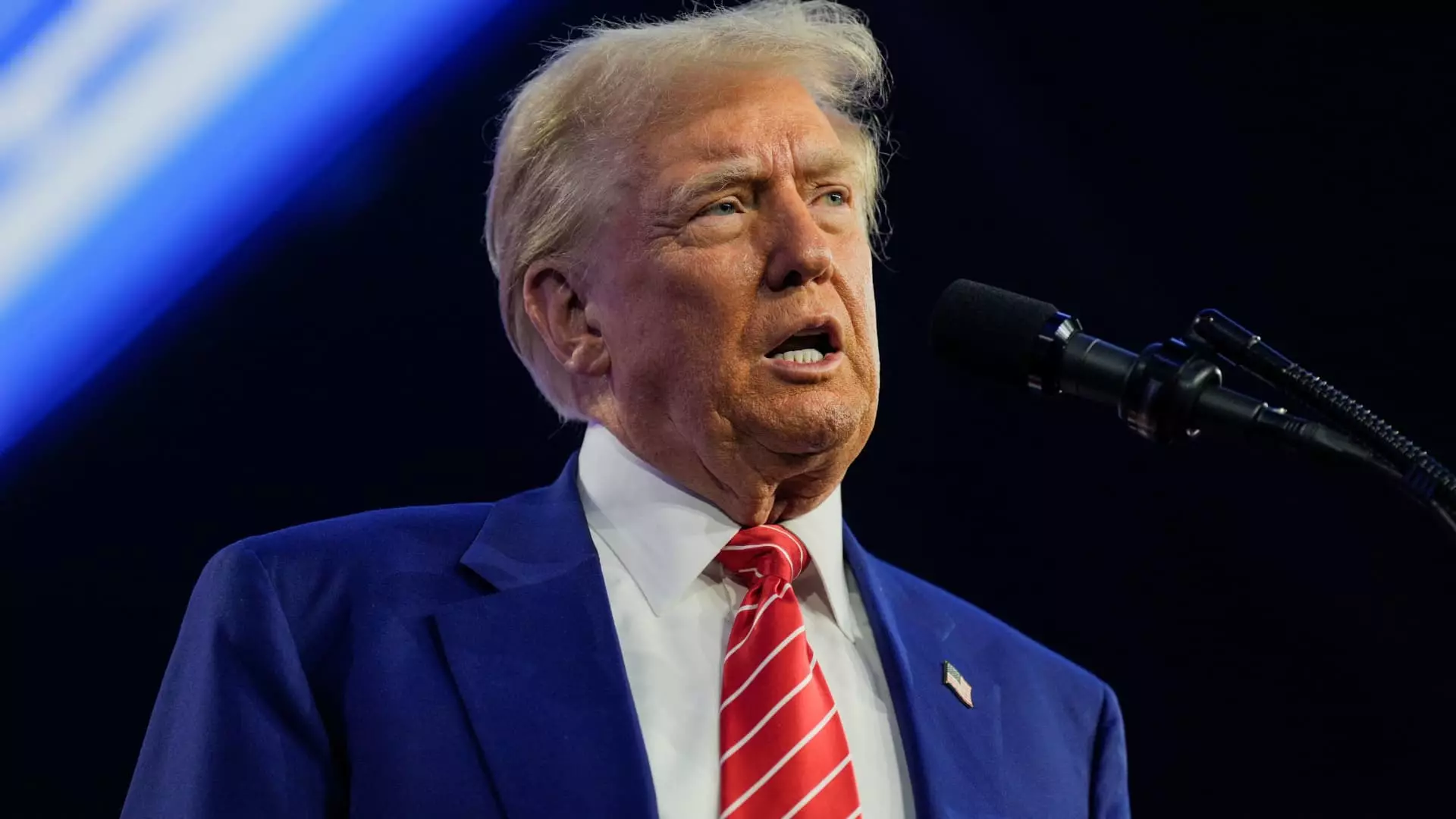The contemporary landscape of digital communication brings forth numerous challenges, especially regarding national security and foreign influence. One of the most emblematic cases of this phenomenon is the ongoing legal and political debate surrounding TikTok, the popular social media platform owned by the Chinese company ByteDance. Recent developments have highlighted the tensions between governmental authority and digital freedoms, especially in light of President-elect Donald Trump’s intervention in the Supreme Court concerning the platform’s future in the United States.
In a critical move, President-elect Trump requested that the Supreme Court pause the enforcement of a law that would lead to TikTok’s ban if ByteDance does not divest its ownership by January 19, 2025. As the legal framework surrounding this case emerges, it inevitably raises important questions regarding the interplay of law, politics, and civic rights. Trump’s attorney, D. John Sauer, emphasized that the incoming Trump administration seeks an opportunity for a political negotiation concerning the app’s status rather than taking a definitive position on the merits of the law itself. This request can be interpreted as a strategic maneuver that aims to keep avenues open for potential resolution before the court presides on the case.
Traditionally, the Supreme Court handles disputes with far-reaching implications; therefore, its involvement underscores not only legal but also political stakes. The high court’s decision to expedite the case suggests an immediate concern regarding the intersection of social media, privacy, and national security. By hearing arguments related to the Protecting Americans from Foreign Adversary Controlled Applications Act, the court positions itself at the center of a national discussion that encompasses economic, social, and international relations.
The robust debate around this legislation illuminates a profound dichotomy: national security concerns versus individual freedoms, particularly the right to free speech. The Protecting Americans from Foreign Adversary Controlled Applications Act, signed into law by President Biden, mandates that foreign-owned applications like TikTok must divest from their current ownership or face a total ban. The crux of this law hinges on fears of data privacy infringements and potential Chinese government interference—fears that have been contractually reiterated by officials in Washington.
Critics argue that such bans threaten the foundational concept of free expression enshrined under the First Amendment. TikTok has filed briefs claiming that banning the application is a direct violation of these rights, injecting a layer of complexity into the debate that prioritizes civil liberties alongside national security. This legal argument raises a significant query: Where does the line between ensuring national security and safeguarding democratic principles stand, particularly in an era characterized by rapid technological advancements and shifting political landscapes?
With Trump’s assertion that he possesses the negotiation prowess necessary to resolve this dispute, there emerges an intriguing question regarding the potential for political resolution instead of punitive legal measures. Historically, negotiating with corporations to either comply with regulatory frameworks or divest ownership can create a middle ground that addresses concerns from both the government and the private sector. Trump’s past opposition to TikTok and subsequent reversal highlights a fascinating evolution of perspective, suggesting that the political landscape surrounding such platforms is anything but static.
This potential for negotiation represents an innovative approach to an issue that many would typically consider binary—ban versus allow. If Trump’s administration successfully negotiates terms that allay national security fears while permitting TikTok to operate, it could inspire future strategies for managing foreign-owned entities within the United States. However, while such negotiations hold promise, they also risk overlooking the broader implications regarding transparency, digital privacy, and the long-term consequences of state intervention in technology.
As the timeline moves toward January 19, the implications of the Supreme Court’s decision and the political maneuvers at play concerning TikTok will serve as a testament to the balancing act between protecting national interests and preserving individual liberties. With distinct possibilities for negotiation on the table, the unfolding events in this case will undoubtedly shape the framework through which future social media engagements are governed and understood. Ultimately, the TikTok debate embodies a broader narrative of how nations navigate the complexities of digital influence amid concerns over security, freedom, and globalization.


Leave a Reply